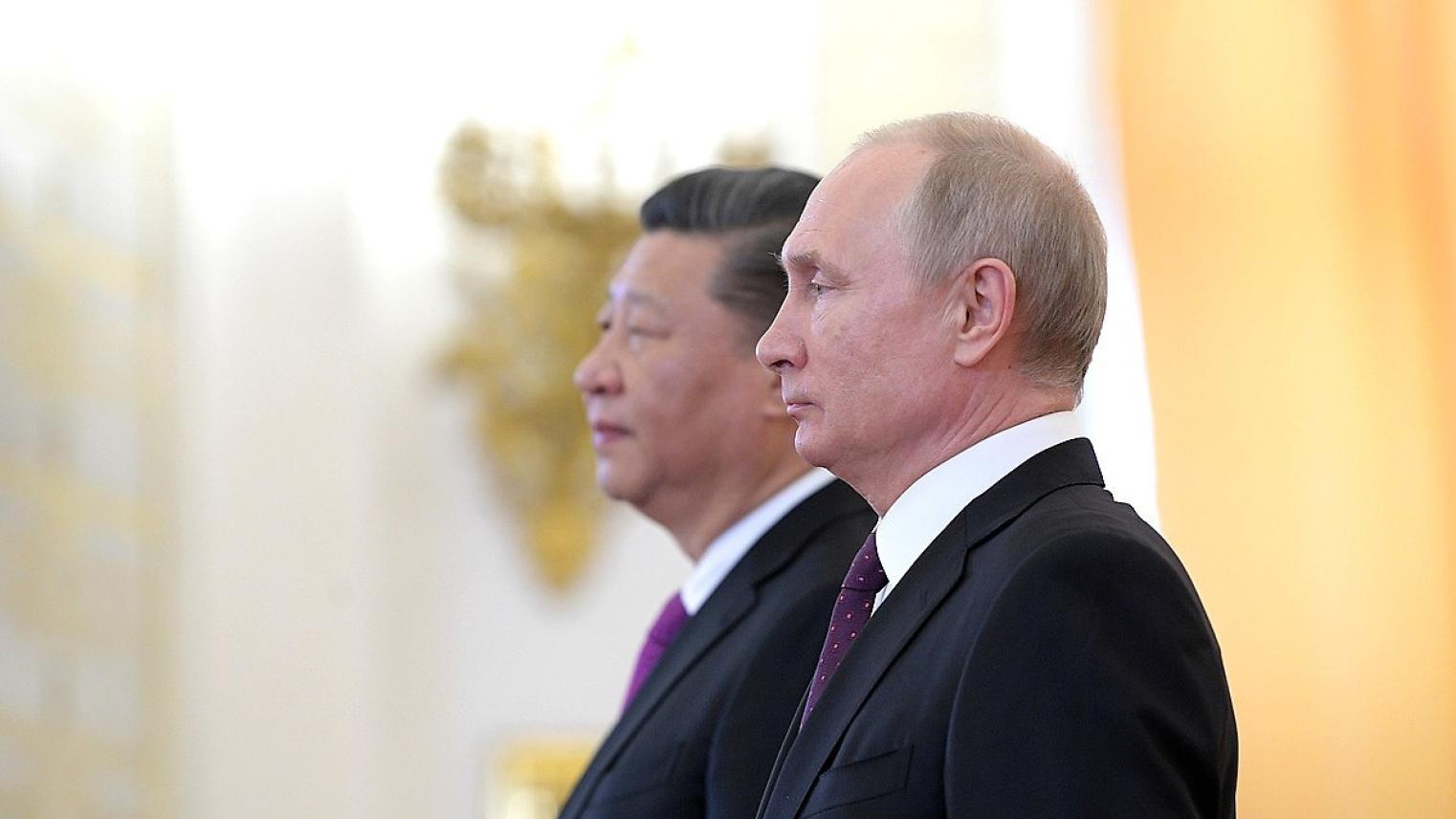Professor Desmond Ball AO was the leading figure in strategic studies of his generation and made a major contribution to global scholarship in a field of vital importance in the Cold War by arguing that limited nuclear war was simply not credible. US President Carter said that Des Ball’s “counsel and cautionary advice based on deep research, made a great difference to our collective goal of avoiding nuclear war.” In over 40 years’ service at ANU, Des made a remarkable contribution to this university as a scholar, teacher, academic leader, and mentor. This lecture commemorates his legacy as an outstanding scholar.
America’s renowned geostrategist, Zbigniew Brzezinski, proclaimed four years ago that the most dangerous scenario facing the US would be a grand coalition of China and Russia, united not by ideology but by complimentary grievances. The thesis proposed by Emeritus Professor Paul Dibb is that such a grand coalition of China and Russia is now fast becoming a geopolitical fact in an era of growing tensions among the major powers.
China and Russia are the two leading revisionist powers leagued together in their contempt for the West. Both these authoritarian states see a West that they believe is preoccupied with debilitating political challenges at home. The evidence now is accumulating to suggest that the relationship between China and Russia is at its closest since the 1950s. If the China-Russia military partnership continues its upward trend, it will inevitably seek to undermine the international security order by challenging the system of US-centred alliances in the Asia-Pacific region and Europe. Moreover, both China and Russia have outstanding territorial ambitions they seem intent on pursuing.
So, what are the chances of Beijing and Moscow concluding that now is the time to challenge the West and take advantage of what they both consider to be Western weaknesses? Is the strategic alignment between China and Russia in effect now a de facto alliance or not? Paul Dibb will explore the pros and cons of this proposition and its implications for Australia.
Paul Dibb is Emeritus Professor of strategic studies at the Strategic and Defence Studies Centre. He was Head of the Centre from 1991 to 2004. His previous positions include Deputy Secretary for Strategy and Intelligence in the Department of Defence, Director of the Defence Intelligence Organisation, and Head of the National Assessments Staff in the National Intelligence Committee. He is the author of 5 books and 4 reports to government, as well as more than 150 academic articles and monographs about the security of the Asia-Pacific region, the US alliance, and Australia’s defence policy. He wrote the 1986 Review of Australia’s Defence Capabilities (the Dibb Report) and was the primary author of the 1987 Defence White Paper.
